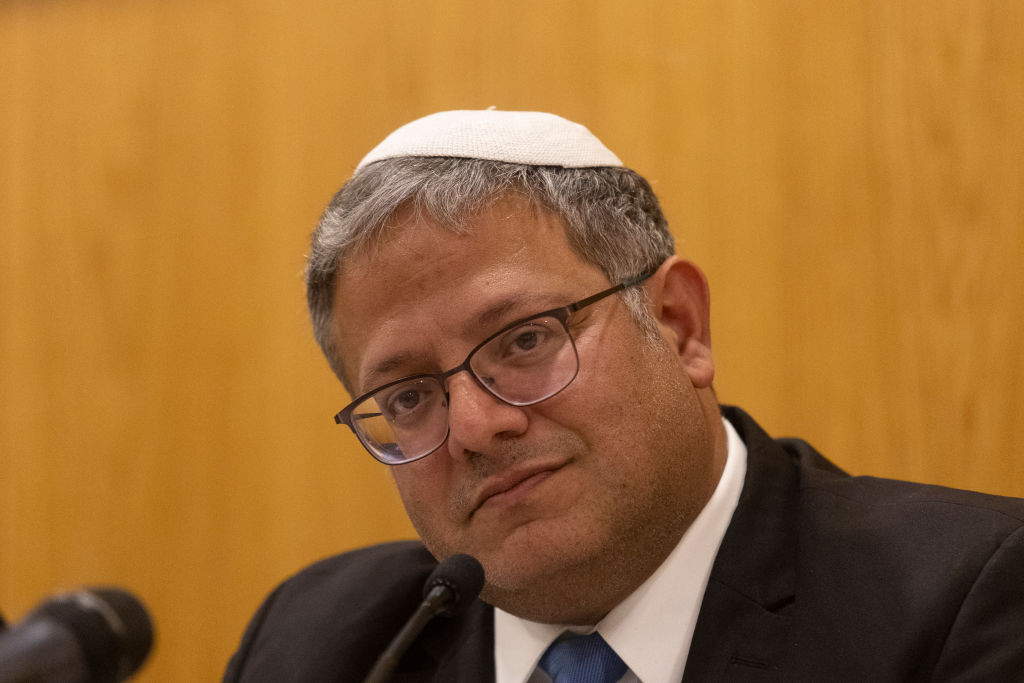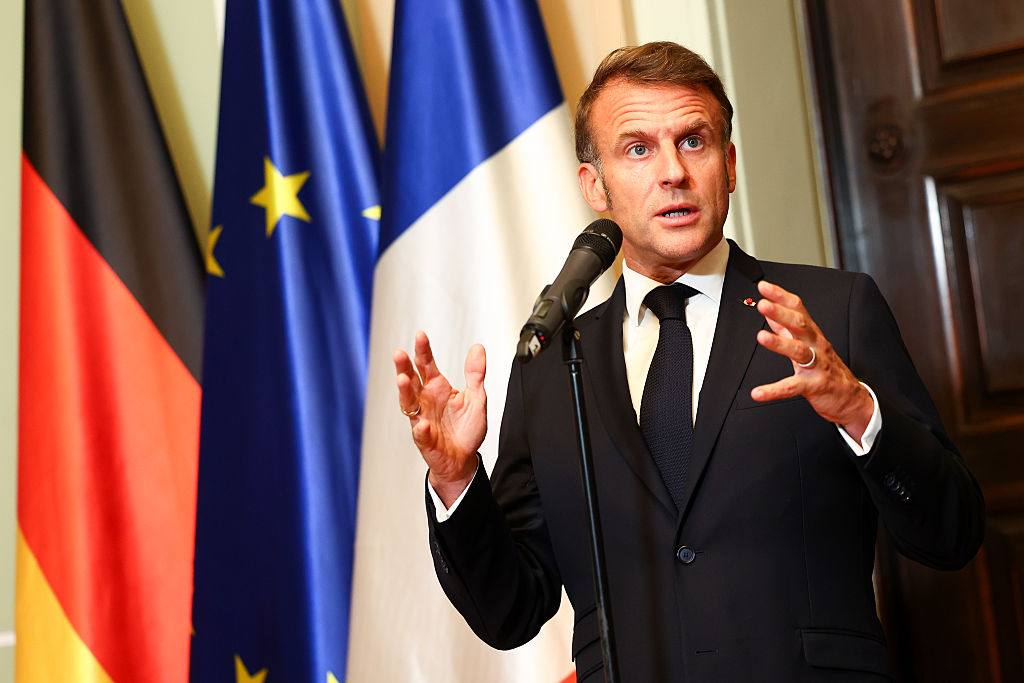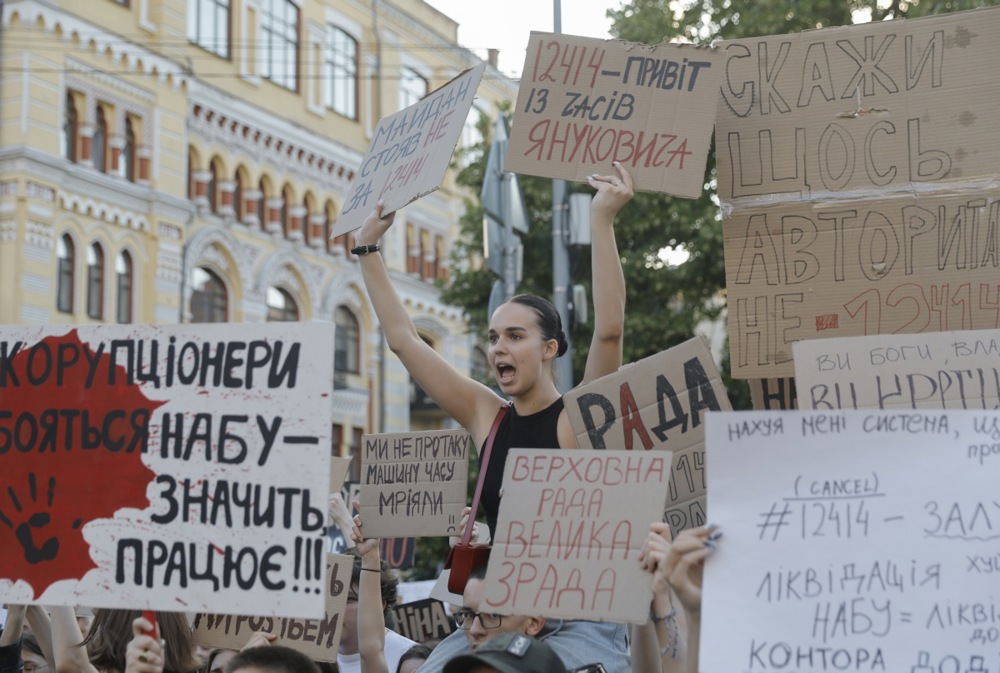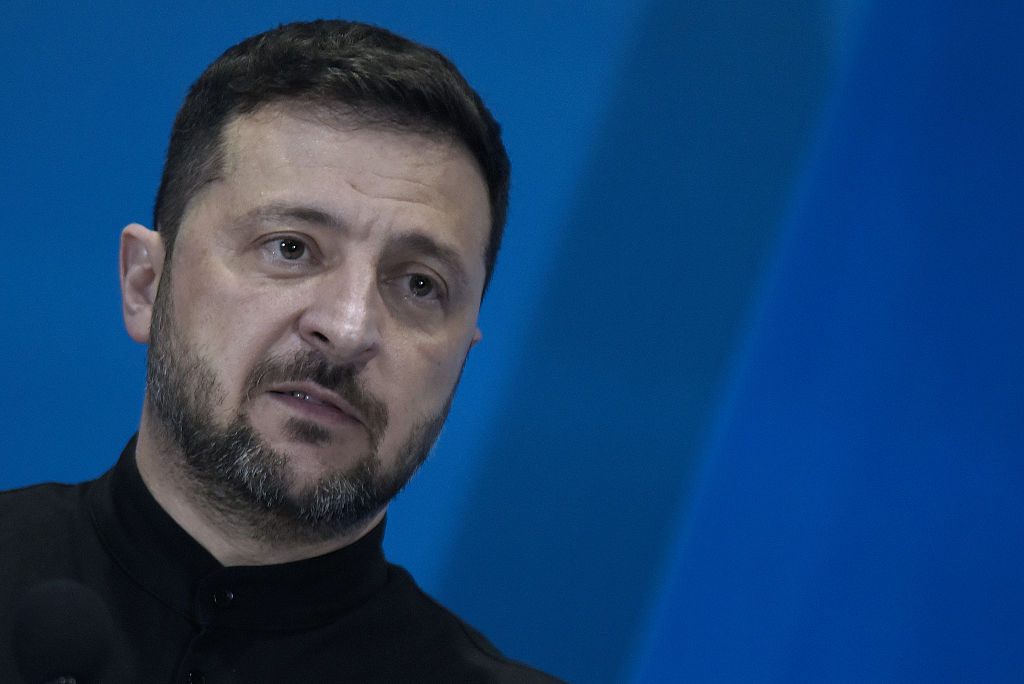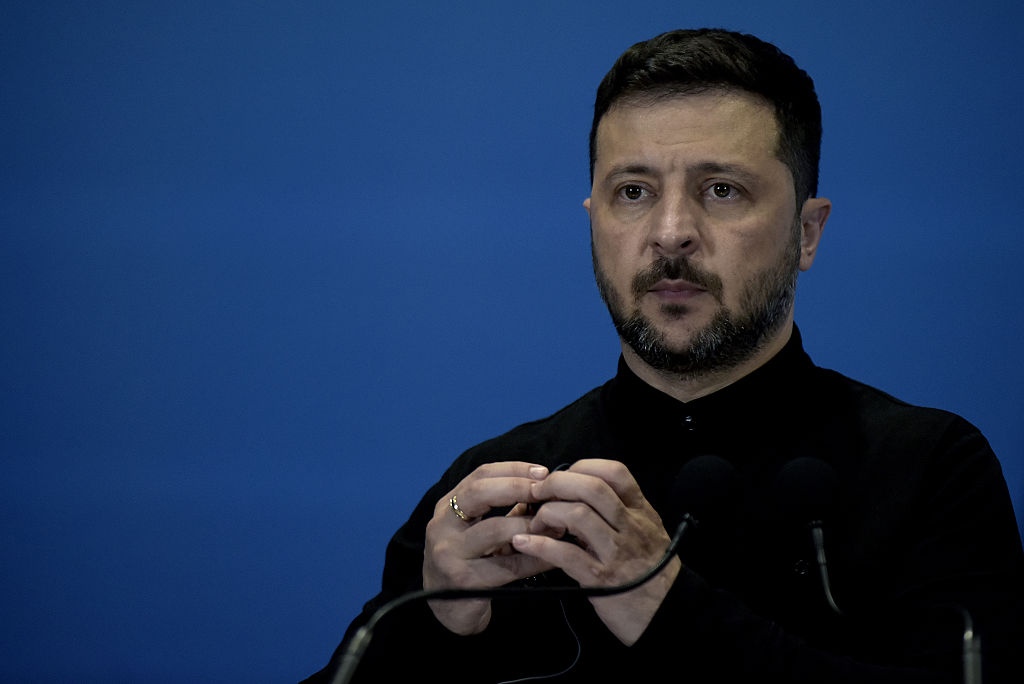British Prime Minister Keir Starmer said the UK would formally recognise the State of Palestine in September unless Israel took various “substantive steps”, including agreeing to a ceasefire in Gaza.
The potentially landmark move, part of Starmer’s plan for a “lasting peace”, came after the Labour Party leader recalled his cabinet from recess for urgent talks on the worsening situation in the besieged territory.
On July 29, in a televised Downing Street address immediately after, Starmer said the UK would recognise a Palestinian State if Israel has not taken the steps demanded by the time the UN General Assembly is held in September, AFP reported.
It must “end the appalling situation in Gaza, agree to a ceasefire and commit to a long-term, sustainable peace, reviving the prospect” of a two-State solution, he added.
“I’ve always said we will recognise a Palestinian State as a contribution to a proper peace process, at the moment of maximum impact for the two-State solution,” Starmer said.
“With that solution now under threat, this is the moment to act.”
The UK leader also detailed several demands for the Palestinian militant group Hamas, which is holding Israeli hostages seized in its attacks on October 7, 2023.
“They must immediately release all of the hostages, sign up to a ceasefire, disarm and accept that they will play no part in the government of Gaza,” he said.
The move came as UN-backed hunger experts warned on July 29 that a “worst-case scenario of famine” was unfolding in the strip and called for “immediate action”, while health officials announced the death toll from Israeli attacks had passed 60,000, The Guardian reported.
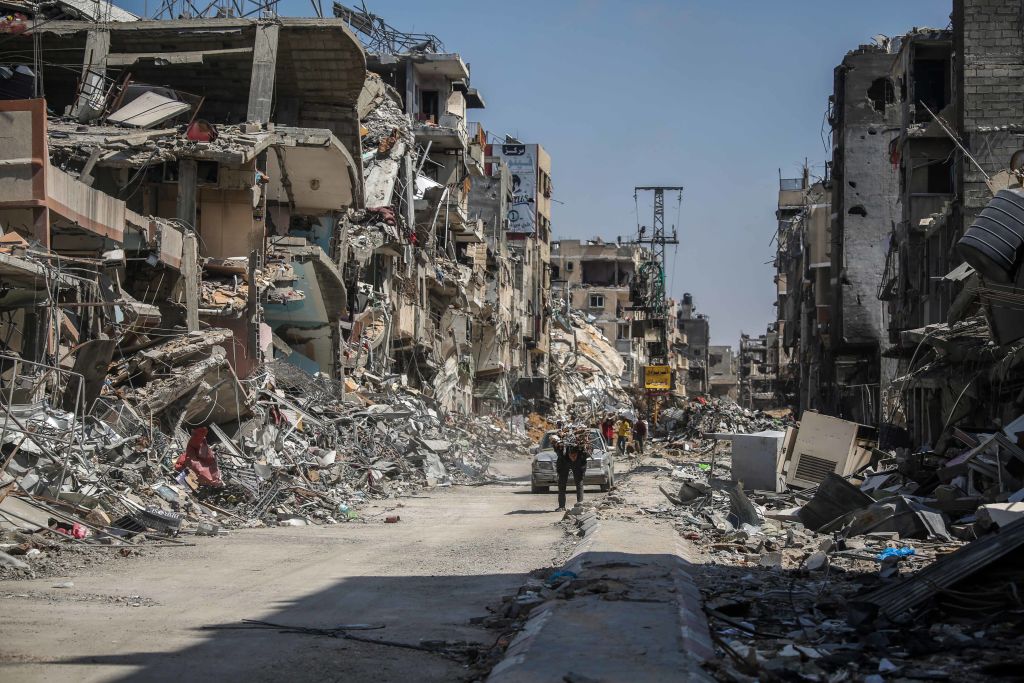
In a significant shift in the UK’s approach, Starmer said that recognition would take place ahead of the UN general assembly in New York in September, unless Israel agreed to the conditions set out in the UK-led eight-point peace plan.
These were for Israel to take “substantive steps” to end the situation in Gaza, reach a ceasefire, commit to no annexation in the West Bank, as well as a long-term peace process. Starmer spoke to the Israeli Prime Minister Benjamin Netanyahu before the announcement.
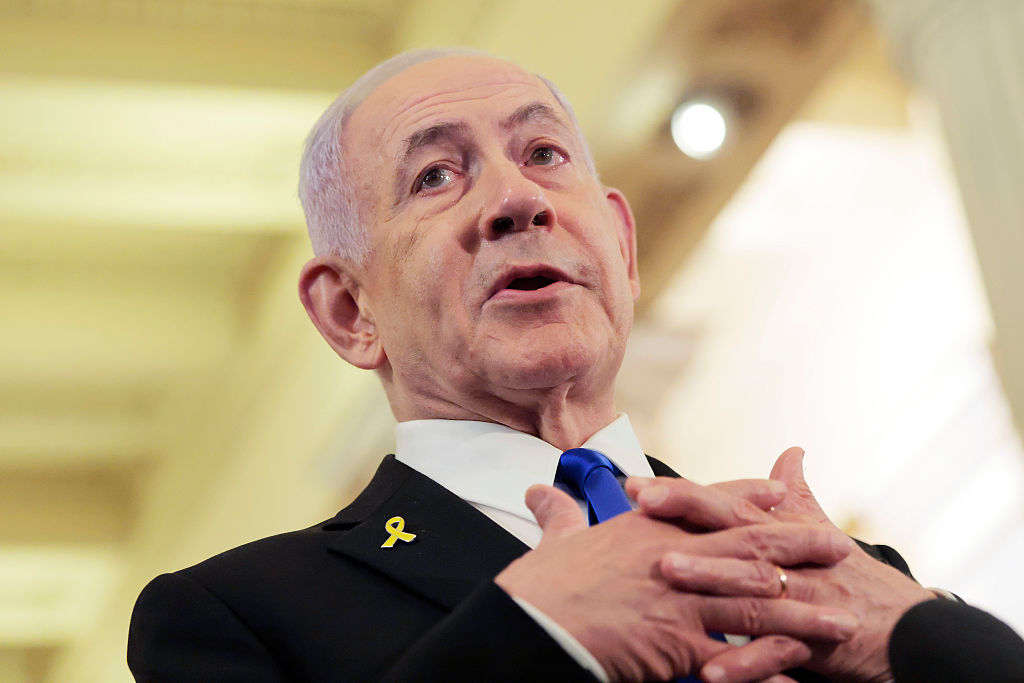
He also underlined the existing demands of Hamas, as he reiterated there was no equivalence between the militant group and Israel. It must release all hostages immediately, disarm, sign up to a ceasefire and accept it would play no role in the government of Gaza, he said.
Israel said it “rejected” Starmer’s announcement, according to AFP.
“Israel rejects the statement by the Prime Minister of the United Kingdom,” the foreign ministry posted on X on July 29, adding that the move “constitutes a reward for Hamas and harms efforts to achieve a ceasefire in Gaza”.
French President Emmanuel Macron said recently that Paris would recognise a Palestinian State during the UN General Assembly meeting on September 23.
Also on July 29, France’s foreign minister Jean-Noel Barrot welcomed London’s declaration, saying it was joining “the momentum created by France” to “stop the endless cycle of violence”.

Although more than 140 countries already recognised the State of Palestine, the two European allies would be the first G7 nations to do so.
Macron’s announcement a few days ago drew a strong rebuke from both Israel and fellow G7 member the US.
Starmer said on July 29 that his government “will make an assessment in September on how far the parties have met” the demands.
But he insisted: “No one should have a veto over our decision.”
Britain’s foreign secretary David Lammy, attending a UN conference in New York led by France and Saudi Arabia to promote the two-State solution, echoed the sentiment.
Lammy said it was “with the hand of history on our shoulders” that London was planning to recognise Palestinian statehood, given Britain’s pivotal role in Israel’s creation.
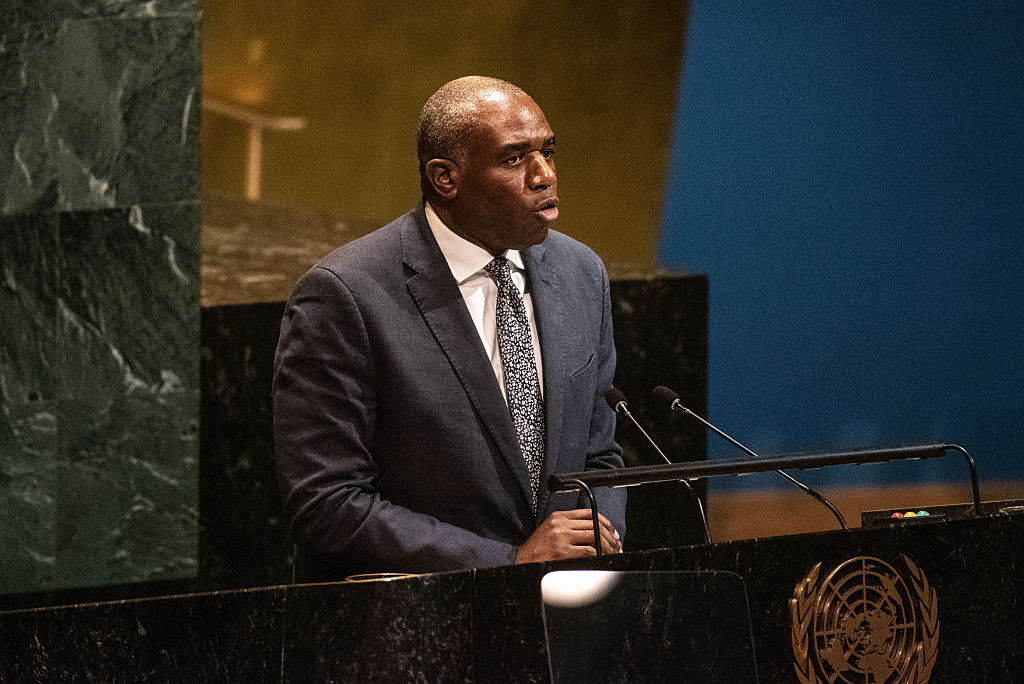
The 1917 Balfour Declaration issued by then-UK foreign secretary Arthur Balfour promised “a national home for the Jewish people”.
Earlier on July 29, a hunger monitor warned that worst-case scenario of famine was unfolding in Gaza and immediate action was needed to avoid widespread death, Reuters said.
Israel has denied pursuing a policy of starvation. Foreign minister Gideon Saar said on July 29 the situation in Gaza was “tough” but claimed there were lies circulating about starvation there.
With international criticism intensifying, Israel announced steps over the weekend of July 26 to ease aid access. But the UN World Food Programme said it was not getting the permissions it needed to deliver enough aid.
Starmer has been under growing domestic and international pressure to formally recognise a Palestinian State.
Macron publicly pressed for a joint recognition of Palestine during his UK visit earlier in July, while an increasing number of MPs in Starmer’s ruling Labour Party have been demanding action, AFP reported.
More than 220 British lawmakers from nine parties including Starmer’s Labour published a letter on July 25 urging him to take the step.
It was included in Labour’s election-winning manifesto last year, as part of “a two-State solution with a safe and secure Israel alongside a viable and sovereign Palestinian State”.
But the pressure has risen as the humanitarian situation in Gaza has dramatically worsened.
Starmer’s office said on July 29 the UK had dropped its first aid by air into the Gaza Strip, as UN agencies warned that the Palestinian territory of more than two million people was slipping into famine.
It said “the first airdrops of British aid” contained “lifesaving supplies”.
“The Palestinian people have endured terrible suffering now in Gaza because of a catastrophic failure of aid. We see starving babies, children too weak to stand,” the UK leader said in his televised address.
“The suffering must end.”
At the start of the Gaza war in October 2023, when Starmer was the opposition leader, he fully backed Israel’s right to defend itself. But his stance has shifted over the years to a tougher approach to Israel, especially since his election as Prime Minister just over a year ago, according to Reuters.
His government dropped the previous administration’s challenge over arrest warrants issued by the International Criminal Court for Netanyahu and has suspended some weapon sales to Israel.
In June, Britain sanctioned two right-wing Israeli cabinet ministers, the Minister of National Security Itamar Ben-Gvir and finance minister Bezalel Smotrich, accusing them of repeatedly inciting violence against Palestinians.
